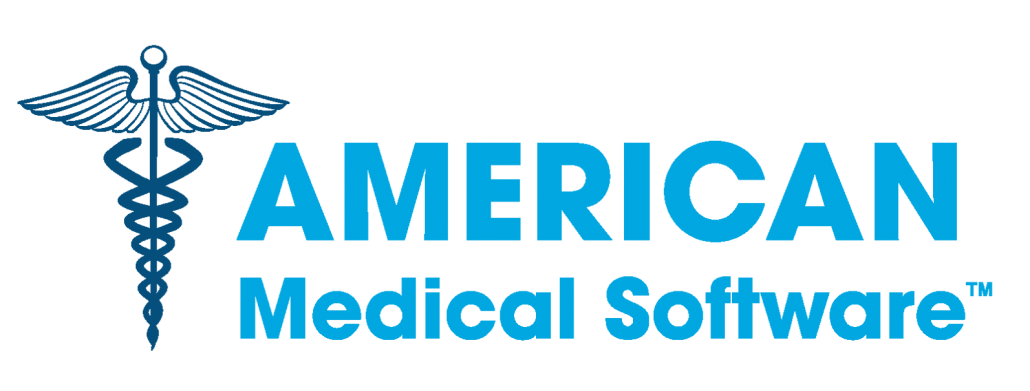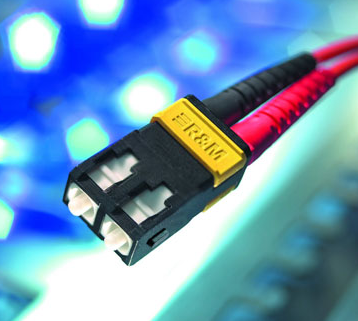FCC’s broadband critical to health IT
WASHINGTON – Healthcare IT champions are applauding the broadband plan the government released Tuesday as a boon for health information technology.”We hope the National Broadband Plan serves as a driver for both innovation and connectivity, which are two key elements to lowering costs and improving patient care,” said Joel White, executive director of the Health IT Now! Coalition. “Millions of Americans have discovered the life-saving benefits of their doctor's use of electronic medical records. We know health information technology will not reach its true potential without full access to broadband services. This is a critical patient priority.”The Health IT Now! Coalition hosted a panel discussion with the Federal Communications Commission and a panel of experts Wednesday to discuss the FCC's National Broadband Plan and its proposals to develop affordable access to broadband and healthcare.
The broadband plan was released on March 16.”We believe that the National Broadband Plan will make it easier for doctors and hospitals to utilize electronic medical records, which will ultimately lead to improved care and better outcomes for patients,” said Mohit Kaushal, MD, director of connected health at the FCC. “The plan focuses on the growing need for greater connectivity and innovation.””We need to continue momentum towards universal Health IT by ensuring doctors and hospitals have access to nationwide high-speed broadband, and the National Broadband Plan is a major step in the right direction,” said White.In addition to Kaushal, the panel included John Santelli of UnitedHealth Group; Karen S. Rheuban, MD, medical director of the Office of Telemedicine, professor of pediatrics and senior associate dean for CME and external affairs at the University of Virginia and president of the American Telemedicine Association; Hank Fanberg of CHRISTUS Health and Jim Bialick of Genetic Alliance.Continua Health Alliance, a nonprofit coalition of 230 healthcare and technology companies, commended the FCC for putting forth a plan that supports health information technologies, including: reimbursement, modernizing regulations, increasing data capture and utilization, and providing sufficient connectivity to better enable the provision of healthcare.”In the coming decades, broadband will play an increasingly important role in supporting health care delivery in America,” said Chuck Parker, executive director, Continua Health Alliance.
“The FCC plan would close the broadband connectivity gap for health care providers while aligning the commission's efforts with the emerging meaningful use criteria.””The need for policy reform and leadership to usher in the era of connected health is clear,” said Rick Cnossen, president and board chair, Continua Health Alliance. “More than 100 million Americans lack access to basic broadband services, highlighting an urgent need for deployment of fixed and mobile broadband solutions nationwide for both patients and providers.”The plan includes 11 recommendations for using broadband networks to spur greater use of electronic health records, health data exchanges and telemedicine.
Create appropriate incentives for e-care utilization.
- Congress and the Secretary of Health and Human Services (HHS) should consider developing a strategy that documents the proven value of e-care technologies, proposes reimbursement reforms that incent their meaningful use and charts a path for their widespread adoption.
- Modernize regulation to enable health IT adoption.
- Congress, states and the Centers for Medicare & Medicaid Services (CMS) should consider reducing regulatory barriers that inhibit adoption of health IT solutions.
- The FCC and the Food and Drug Administration (FDA) should clarify regulatory requirements and the approval process for converged communications and health care devices.
Unlock the value of data.
- The Office of the National Coordinator for Health Information Technology (ONC) should establish common standards and protocols for sharing administrative, research and clinical data, and provide incentives for their use.
- Congress should consider providing consumers access to – and control over – all their digital health care data in machine-readable formats in a timely manner and at a reasonable cost.
Ensure sufficient connectivity for health care delivery locations.
- The FCC should replace the existing Internet Access Fund with a Health Care Broadband Access Fund.
- The FCC should establish a Health Care Broadband Infrastructure Fund to subsidize network deployment to health care delivery locations where existing networks are insufficient.
- The FCC should authorize participation in the Health Care Broadband Funds by long-term care facilities, off-site administrative offices, data centers and other similar locations. Congress should consider providing support for for-profit institutions that serve particularly vulnerable populations.
- To protect against waste, fraud and abuse in the Rural Health Care Program, the FCC should require participating institutions to meet outcomes-based performance measures to qualify for Universal Service Fund (USF) subsidies, such as HHS’s meaningful use criteria.
- Congress should consider authorizing an incremental sum (up to $29 million per year) for the Indian Health Service (IHS) for the purpose of upgrading its broadband service to meet connectivity requirements.
- The FCC should periodically publish a Health Care Broadband Status Report.
via FCC’s broadband plan lauded as critical to health IT | Healthcare IT News.




Leave a Reply
Want to join the discussion?Feel free to contribute!